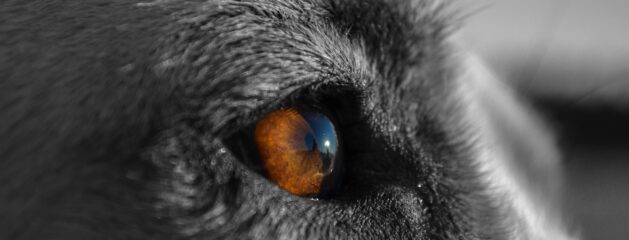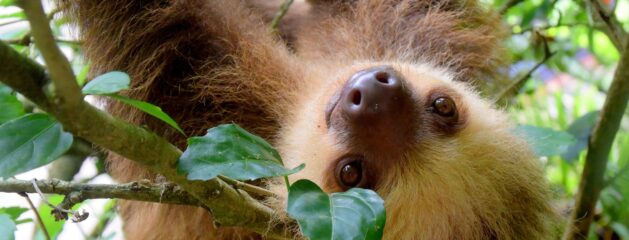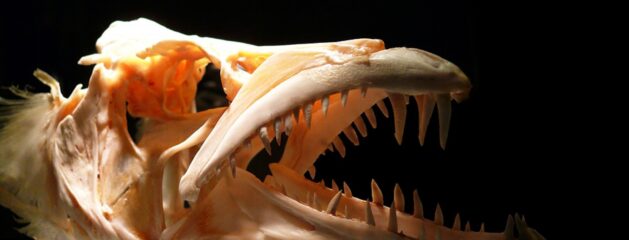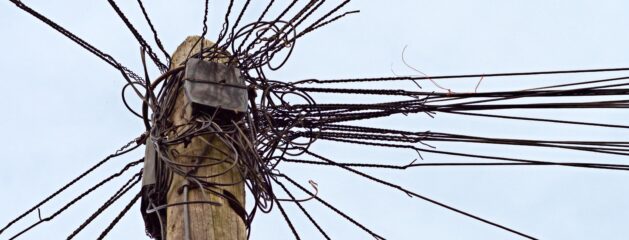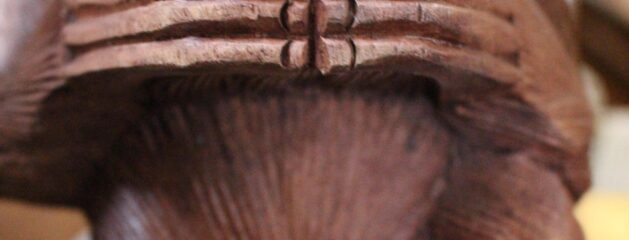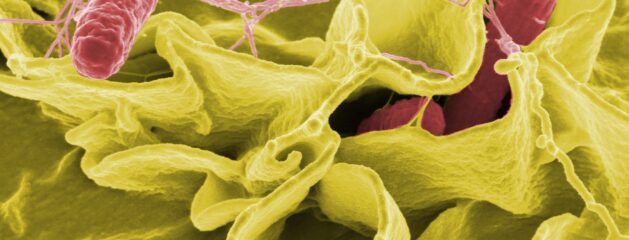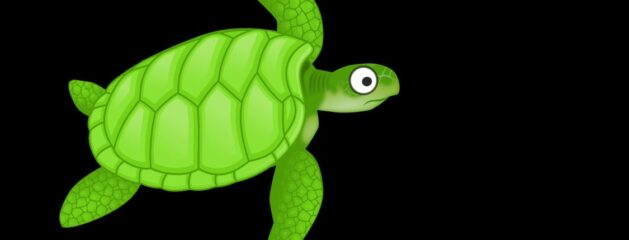Check out this quote regarding going from animal instinct to complex human reasoning: “We are the heirs of an unfathomable wisdom. Through Darwinian trial and error, our genome has internalized the knowledge of the generations that have preceded us” (p. 25). Going further from that quote, we could say this as a rebuttal: “However, knowledge (i.e. information) is not a tangible thing, a property of matter. Even though information is stored on matter, it is a...
Read MoreWow! What Faith in Evolution!
